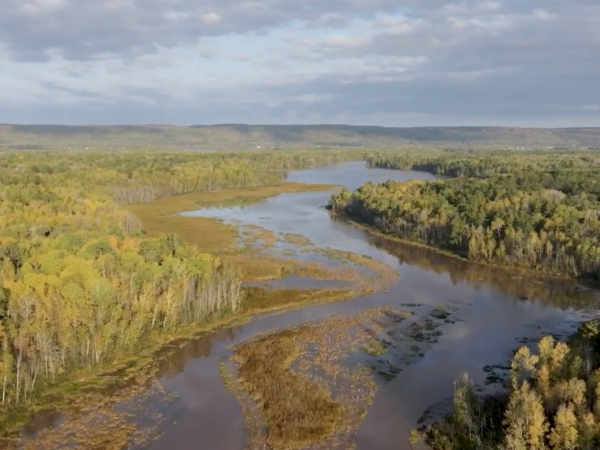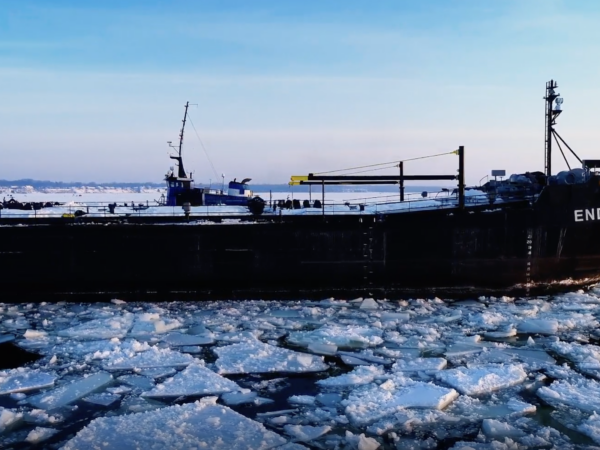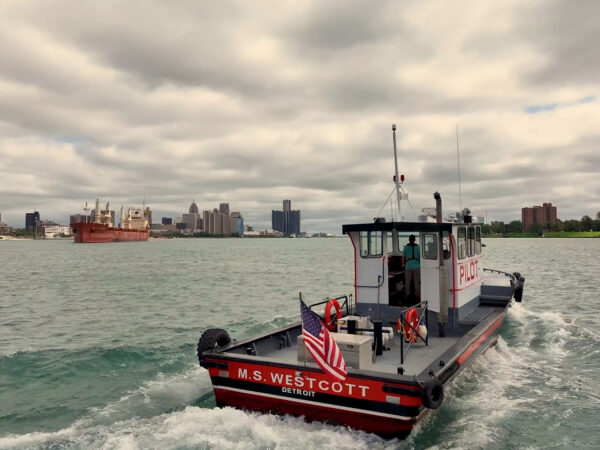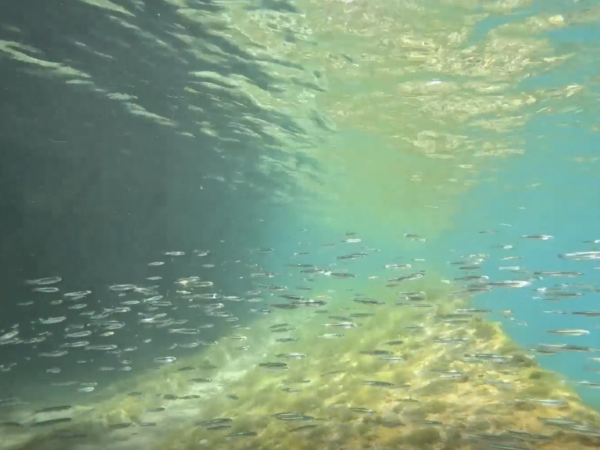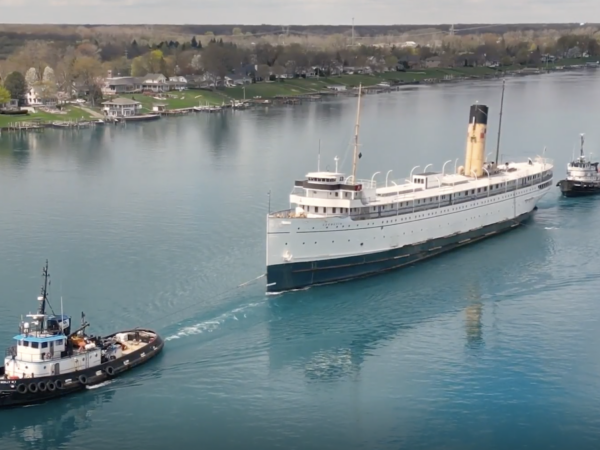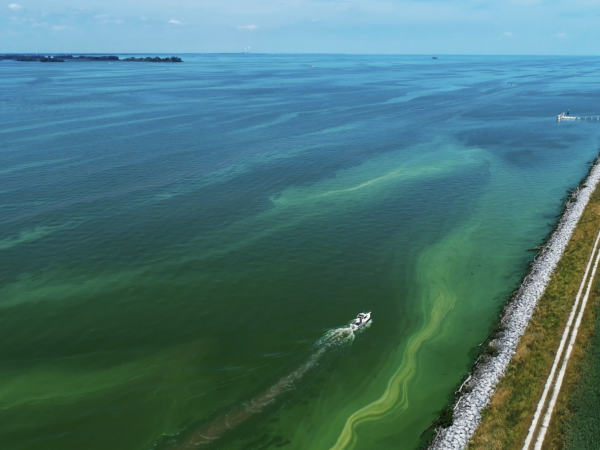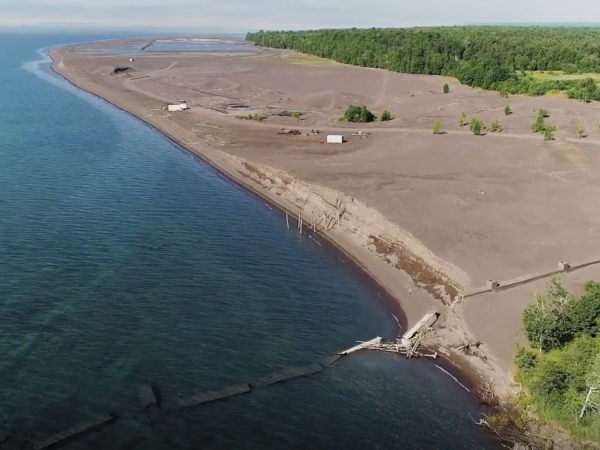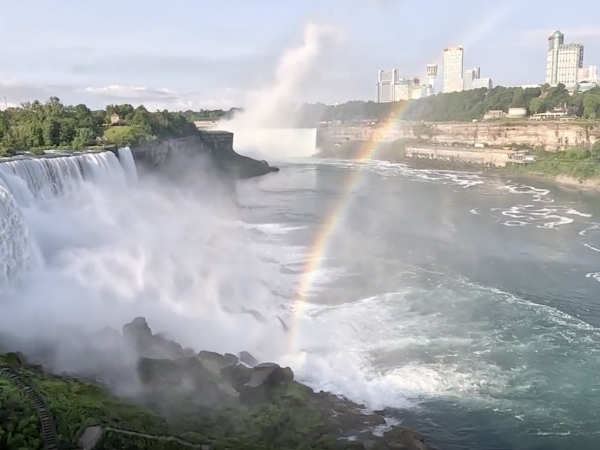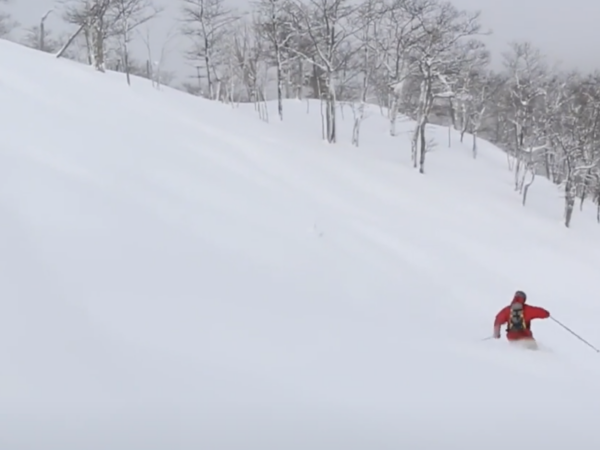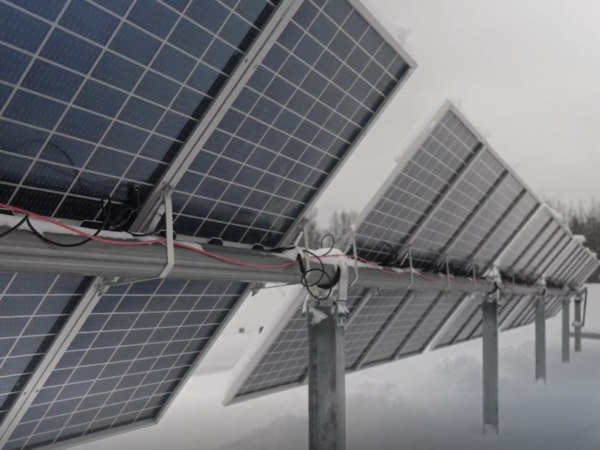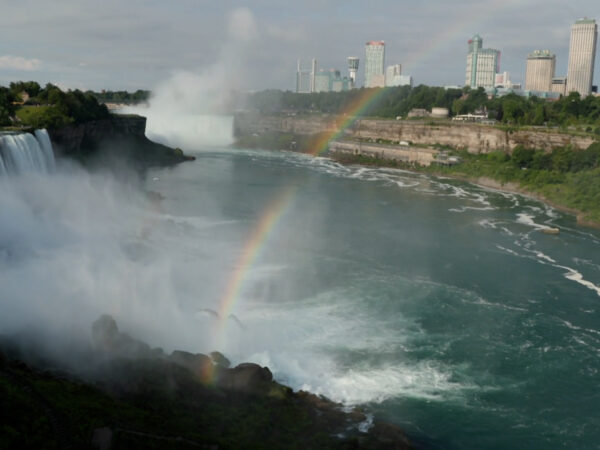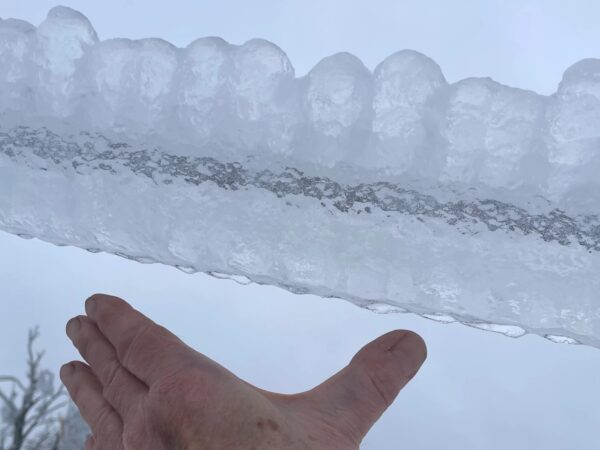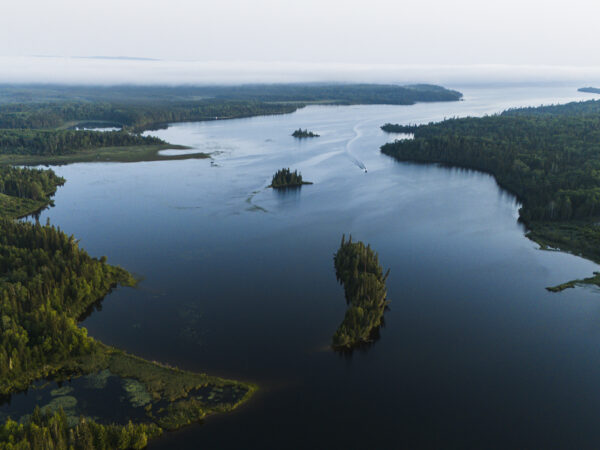IN THIS EPISODE:
As the U.S. prepares to pour billions of federal dollars into rescuing water systems, the Great Lakes News Collaborative investigates the true cost of water in the Great Lakes region and beyond. It’s an issue that’s been deferred for decades,and now factors like climate change, equity, aging systems, and water safety are all critical factors as officials and residents navigate the way forward.
WHERE WE TAKE YOU IN MAY
GREAT LAKES LEARNING:
Explore this month’s hands-on lesson plans designed to help your middle schoolers understand the Great Lakes — all at home or in the classroom. They’re aligned to education standards AND free to download.
Lesson Plans
Have a question about the Great Lakes or life in the region?
Ask Great Lakes Now, and if we can answer it, we might loop it into our coverage so others can learn too.
Submit Your Question
When to Watch?
Check your local station for when Great Lakes Now is on in your area.
Premieres on DPTV
Wednesday, May 25, at 7:30 PM
STATIONS CARRYING THE SERIES
DPTV
Detroit, Michigan
WEAO
Akron, Ohio
WNEO-TV
Alliance, Ohio
WCML-TV
Alpena, Michigan
WDCP-TV
Bad Axe, Michigan
BCTV
Bay County, Michigan
WBGU-TV
Bowling Green, Ohio
WNED-TV
Buffalo, New York
WCMV-TV
Cadillac, Michigan
WTTW-TV
Chicago, Illinois
WVIZ-TV
Cleveland, Ohio
WKAR-TV
East Lansing, Michigan
WQLN-TV
Erie, Pennsylvania
WCMZ-TV
Flint, Michigan
WGVU-TV
Grand Rapids, Michigan
WPNE-TV
Green Bay, Wisconsin
WGVK-TV
Kalamazoo, Michigan
WHLA-TV
La Crosse, Wisconsin
WHA-TV
Madison, Wisconsin
WNMU-TV
Marquette, Michigan
WHWC-TV
Menomonie-Eau Claire, Wisconsin
WMVS-TV
Milwaukee, Wisconsin
WCMU-TV
Mt. Pleasant, Michigan
WLEF-TV
Park Falls, Wisconsin
WNIT-TV
South Bend, Indiana
WCNY-TV
Syracuse, New York
WGTE-TV
Toledo, Ohio
WDCQ-TV
University Center, Michigan
WNPI-TV
Watertown, New York for Ontario signal
WPBS-TV
Watertown, New York for U.S. signal
WHRM-TV
Wausau, Wisconsin
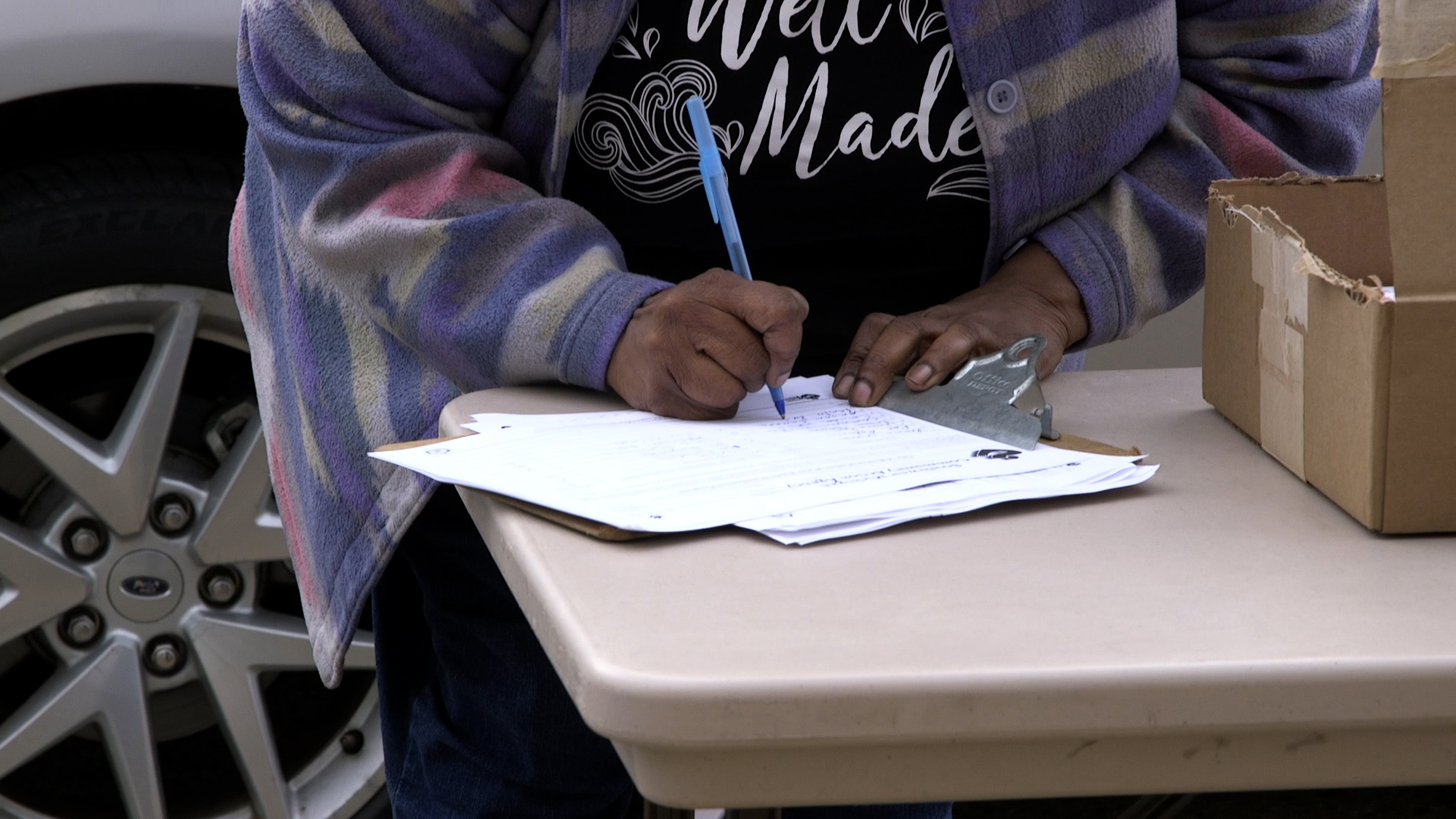
A Benton Harbor woman signs in to pick up cases of water bottles because of the safety issues surrounding Benton Harbor’s water supply.
Unpaid Bills
SEGMENT 1 | Benton Harbor, MI; South Haven, MI
As part of the “Water’s True Cost” journalism project, Bridge Michigan journalist Kelly House investigates the underfunding of systems expected to deliver clean, safe drinking water.
The story begins in Benton Harbor, Mich., a city of about 9,000 people, near the mouth of the St. Joseph River. In October 2021, state officials advised Benton Harbor residents to drink only bottled water because the tap water contained high levels of lead.
While Benton Harbor is the latest city in Michigan to face a water crisis, it’s far from alone. In many ways the origins of Benton Harbor’s problems are shared among many communities on the brink of facing a similar challenge, which is dealing with the consequences of inadequate investment in water systems.
The root of these shared water crises is actually financial, and it’s impacting poor and affluent communities alike.
A short drive from Benton Harbor is South Haven, Mich. – a lakefront community and popular vacation spot. Although South Haven has a relatively new filtration plant, the pipes that carry water to the more than 11,000 people relying on the system are aging.
Reporter Kelly House explores why the aging infrastructure hasn’t been replaced and discovers it’s largely because of the unpopularity of price hikes. It’s a longstanding problem hinging on the difficulty in gaining buy-in from politicians and the public to raise rates on a system that is mostly invisible.
Here is other Great Lakes Now work on underinvestment in water infrastructure:
Water woes loom for Michigan suburbs, towns after decades of disinvestment
Michigan’s 20th Century water systems too big for its shrinking city populations
The Catch: Benton Harbor’s lead pipes and the plan to replace them
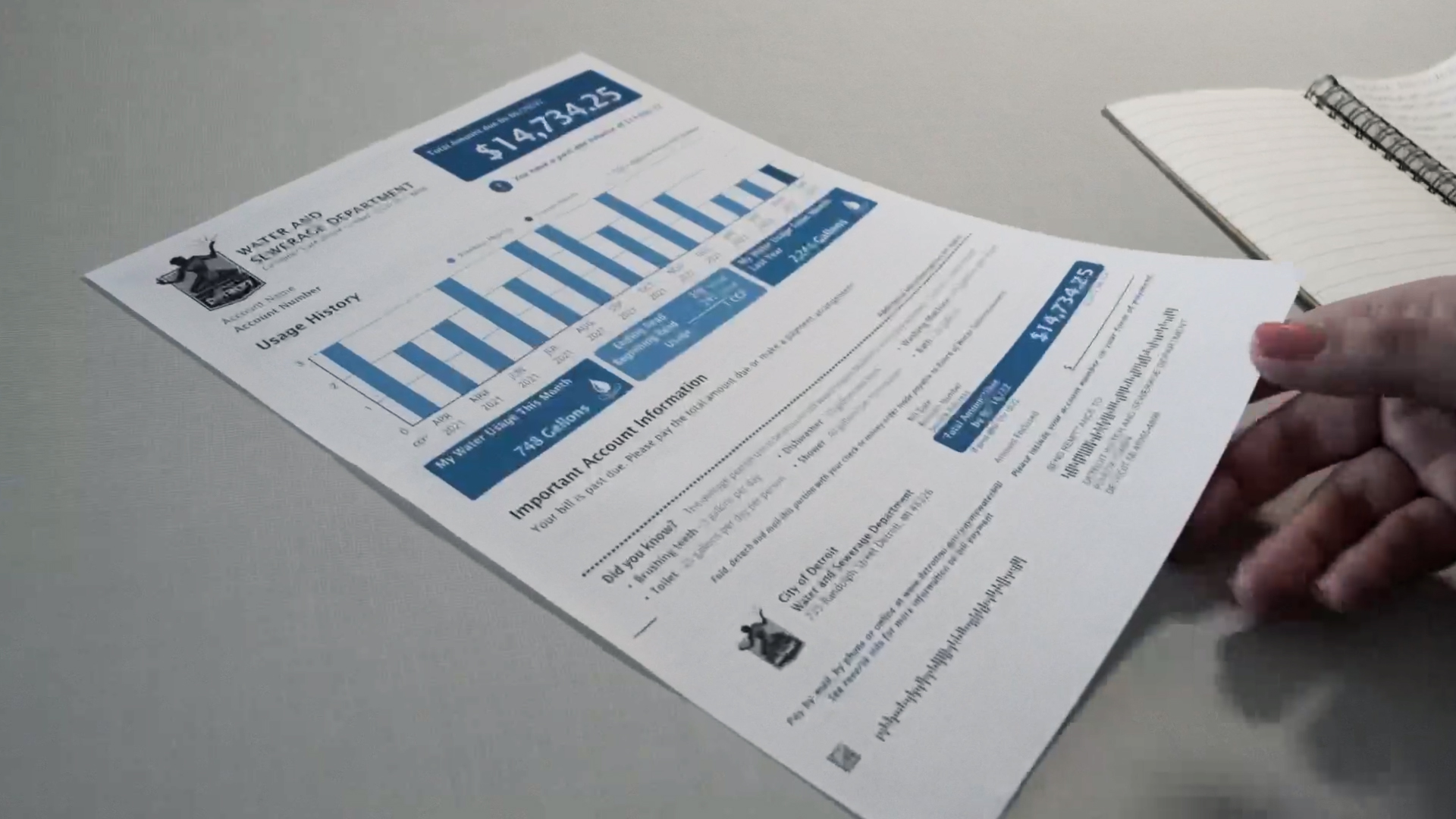
A water bill from the Detroit Water and Sewerage Department.
Hitting Home
SEGMENT 2 | Oakland County, MI; Wayne County, MI
When you look around the Great Lakes, water is everywhere, and yet, it’s getting more expensive for many households in the region.
Brett Walton, a reporter for Circle of Blue, has done extensive reporting on water affordability, and notes that the cost of water is a relatively recent issue. According to a report from the University of Michigan published last year, between 1980 and 2018, average water prices across the state of Michigan nearly doubled, when adjusted for inflation. In some cities, the increase was even larger, and low-income households were hit the hardest.
Walton explains that aging infrastructure is a big part of the reason the cost of water is rising rapidly and many households in Michigan can’t keep up. Michigan households owe an estimated $252 million in unpaid water bills, according to the Michigan section of the American Water Works Association.
Even though the federal government stepped in to address health concerns during the pandemic and appropriated $1.1 billion for the “Low Income Households Water Assistance Program,” the $36.2 million that Michigan received was just a drop in the bucket considering the funding shortfall.
Jim Nash, Oakland County water resources commissioner, says even in Oakland County – one of the wealthiest counties in Michigan – many households struggle to pay their water bills. According to Nash, a long-term solution to the problem of water affordability is going to require more state and federal assistance.
Here is other Great Lakes Now work on water affordability:
Rising Cost of Water in Michigan Leads to Affordability Problems
Water Access: As moratoria on shutoffs end, old problems return to the forefront
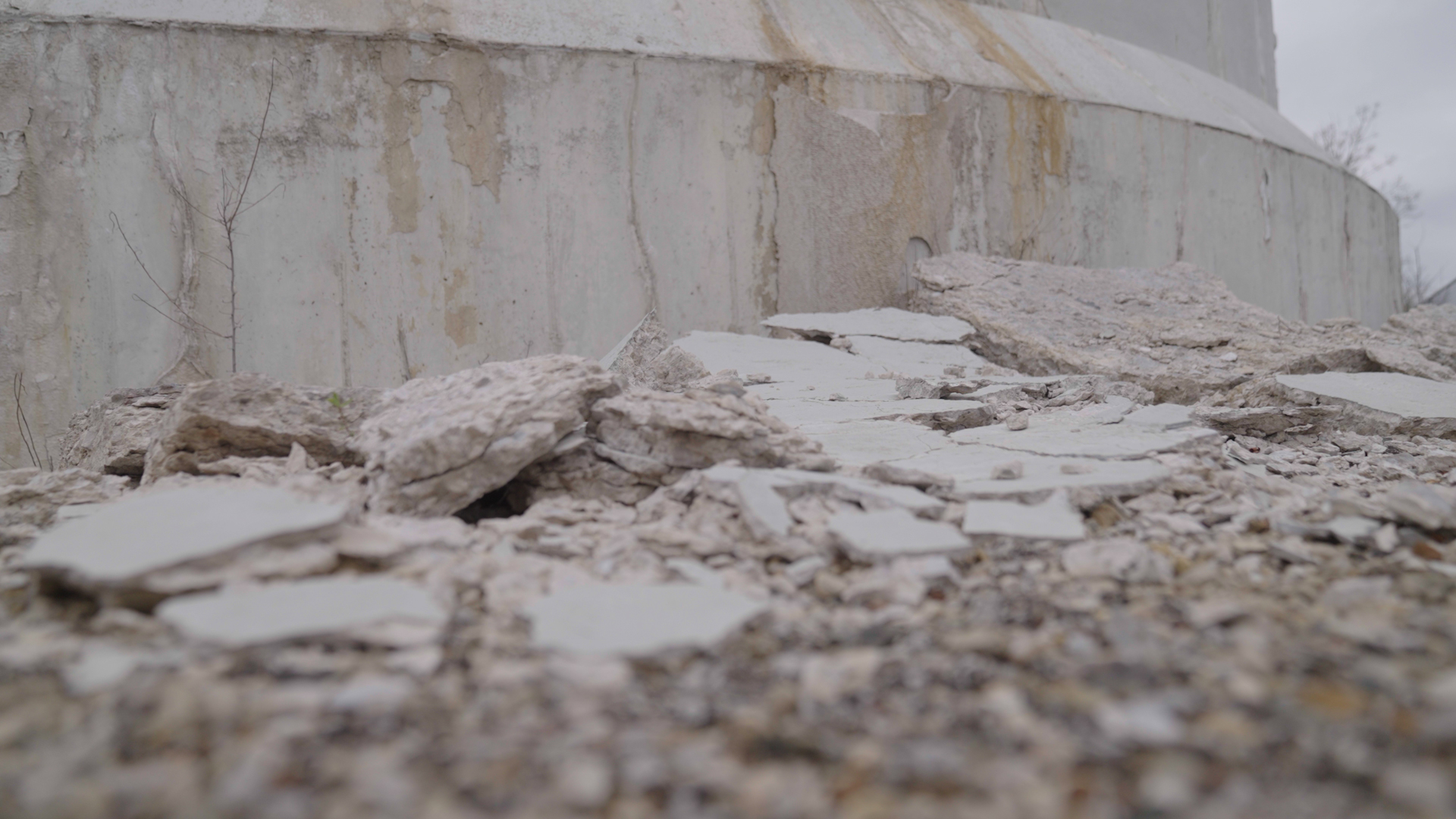
Rubble at the base of the South Haven Area Water Sewer Authorities’ oldest water storage tank.
The Catch: News about the Lakes You Love
SEGMENT 3 | Elk Lake, MI; Toronto, Ontario; Chicago, IL
Keep up with the Great Lakes’ biggest issues. Find out how environmental challenges are impacting your enjoyment of the outdoors and the health of the ecosystem. Go beyond the headlines with reporters from around the region.
This new segment – The Catch – in our award-winning PBS program will keep you in the know. This month, stories from our partners with the “Water’s True Cost” project.
Michigan Radio’s Lester Graham discusses a story he’s been following in northern Michigan on Elk Lake, where plant life and E.Coli are showing up in previously crystal-clear water. Faulty septic systems are the culprit, and Graham says that there are an estimated 300,000 faulty septic systems throughout the state.
Toronto-based journalist Andrew Reeves talks about a piece he wrote for Great Lakes Now about the history and current issues in Canadian water infrastructure. Similarly to the United States, Canada’s water system saw a substantial drop in funding in the decades after World War II. However, in 2000, when a drinking water tragedy hit the city of Walkerton, Ontario, officials took action and began to invest in infrastructure and safety. Now, as the population continues to grow in southern Ontario, the need for safe drinking water is increasing, and officials are gradually increasing rates to raise the funds.
In Chicago, journalist Laura Gersony is rolling out a new biweekly offering from Circle of Blue called Fresh: A Great Lakes Policy Briefing. “Part of what we’re hoping to do with Fresh is really demystify these complex stories to make them accessible both to policy experts and to average citizens,” says Gersony. Stories included in Fresh focus on everything from infrastructure challenges and water quality to environmental regulations and climate change. Fresh examines the policy that impacts the people and places of the Great Lakes region.
Here is other Great Lakes Now work on issues reported in this month’s “The Catch”:
Michigan’s lack of septic system regulations is causing problems for some of its most pristine lakes
FRESH: Wisconsin Judge Strikes Down Toxic ‘Forever Chemicals’ Cleanup Rule
Videos from Episode 2205
Subscribe on YouTube
Featured Articles
Digital Credits
The Great Lakes Now Series is produced by Rob Green and Sandra Svoboda.


